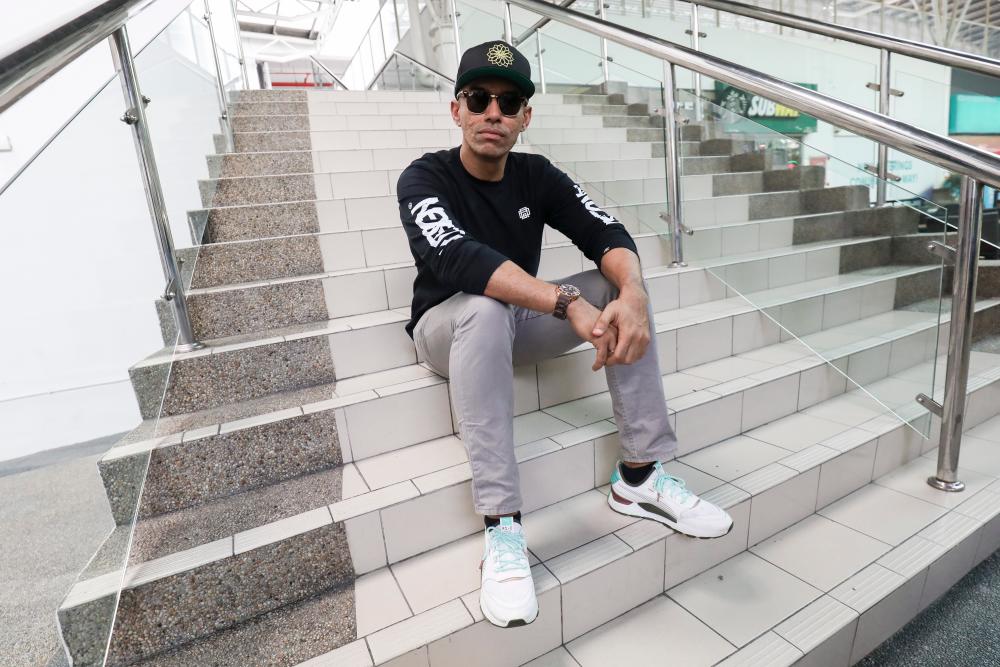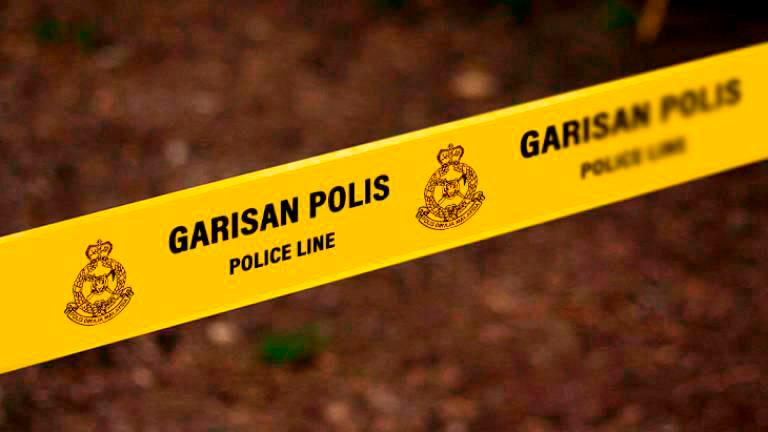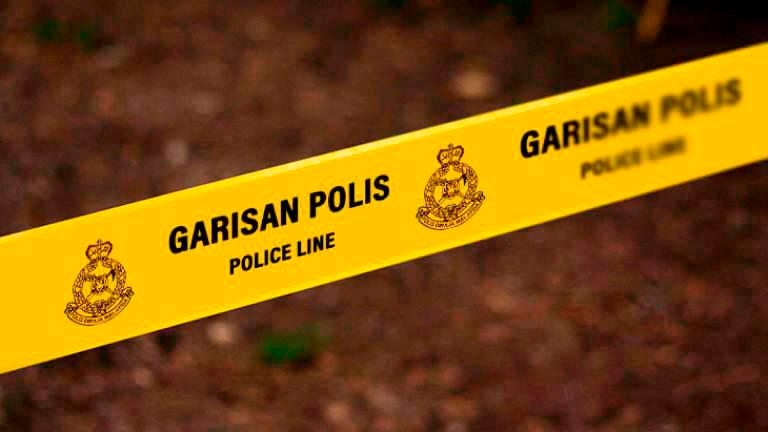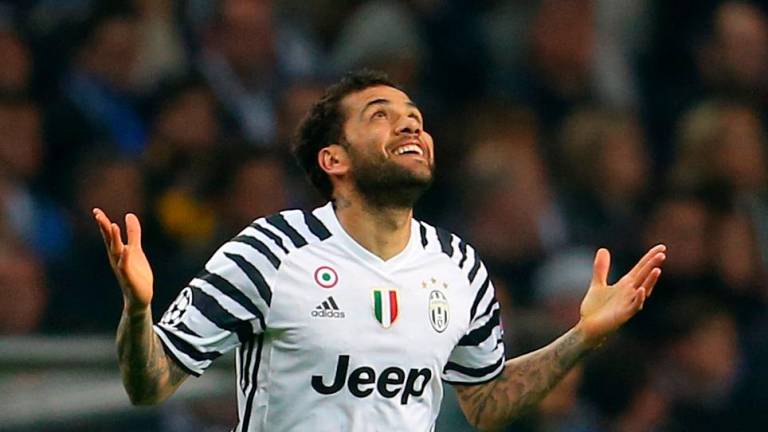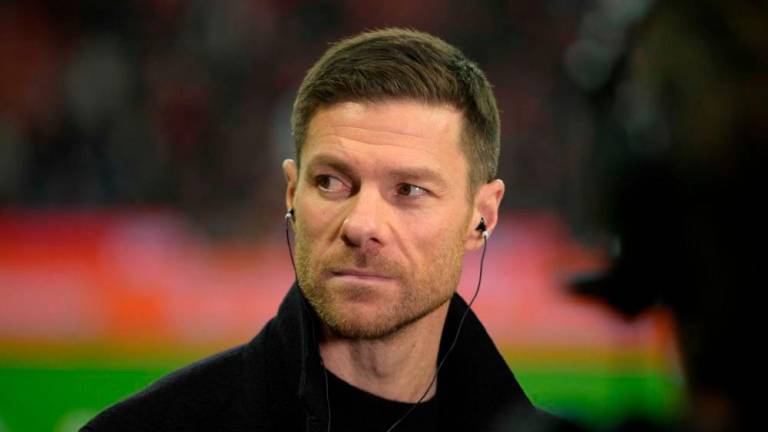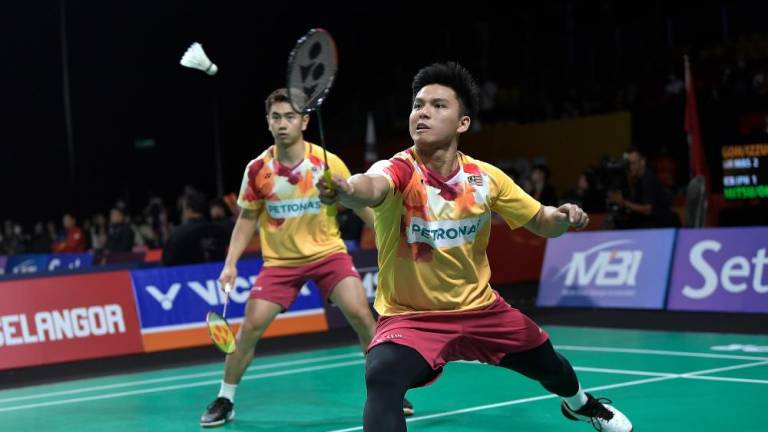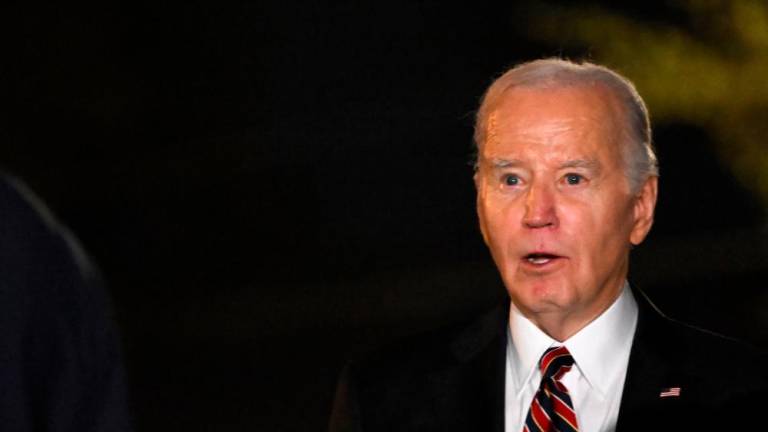During a recent visit to one of National Kidney Foundation's centres, I was struck by the sight of a poster featuring local entertainer Altimet (real name Syed Ahmad Syed Abdul Rahman Alhadad) holding a donor card.
Turns out he is not just holding the card for show. Singer, composer, sometime actor and music producer Altimet made a decision to pledge his organs so that others can lead a better quality of life upon his death.
When asked what made him do it, Altimet said: “It is a couple of things. Number one, I meditate a lot on my mortality. Then I realised that they are just some things I cannot take with me."
This was something that had played on his mind for over a decade.
At the time, his mother-in-law donated her kidney to her son who suffers from lupus.
"One of the organs that is commonly attacked and ends up failing is the kidney. When she donated her kidney, I became aware of organ transplants."
"So when the National Transplant Association approached me about seven, eight years ago, I said yes."
Considering only 1.3% of Malaysians have pledged their organs, what Altimet has done puts him in a very small group of special people.
"It is just in line with my belief system. When I pass on to my next life, I don't need this vessel which I call my body anymore. "
Altimet said he was taught to believe that your soul is important, and your body is something that you will eventually leave behind. "So why not be practical about it and put it to good use."
As he puts it, when we outgrow something, we discard it. So why not give the item we are discarding to someone who needs it?
"We are all Asian people, so we are familiar with hand-me-downs. In my family, even though I am the eldest, I still got hand-me-downs, from my cousins. In a way it is ingrained in our culture."
One of the problems in retrieving organs that have been pledged is when the donor’s next-of-kin says no. Altimet has made sure that his family, especially his wife and son, know of his wishes.
He did try to rope it his family members to pledge their organs. "I was not 100% successful," he laughed.
Altimet also spreads the message about the importance of pledging and donating organs on his own social media sites. To do that, he uses information given to him by the National Transplant Association.
"They know I will be there, whoever they need to spread the message. I don't charge for this."
He says he is always amazed when he meets donors and recipients at the functions he attends.
"I am in awe of how we as a species can extend life that way. We know that any tissue that is foreign to our body is rejected by our body in a very aggressive way, because it is a survival mechanism. How we can overcome that is remarkable to me."
He also likes how those who benefitted from organ transplants now have a different view of life.
"They have literally a second chance, I can't imagine what it is like to be them. I don't think any one of us can imagine it, until we go through it ourselves."
He does have a basic knowledge of the human body and the transplant process. He is aware that it is not as cut and dry as it is made to look like in TV and films, and that it is in fact a long process.
Altimet said ultimately it is a person’s beliefs that help them decide whether they want to donate their organs or not. However, as he himself has learnt, all major religions of the world do in fact encourage their followers to pledge their organs.
"Whenever people ask me about pledging my organs, I talk about it. I tell them my beliefs. I can't take it with me.
“I just want to do some good when I die. I just hope it will go to someone and thus will improve their quality of life."



